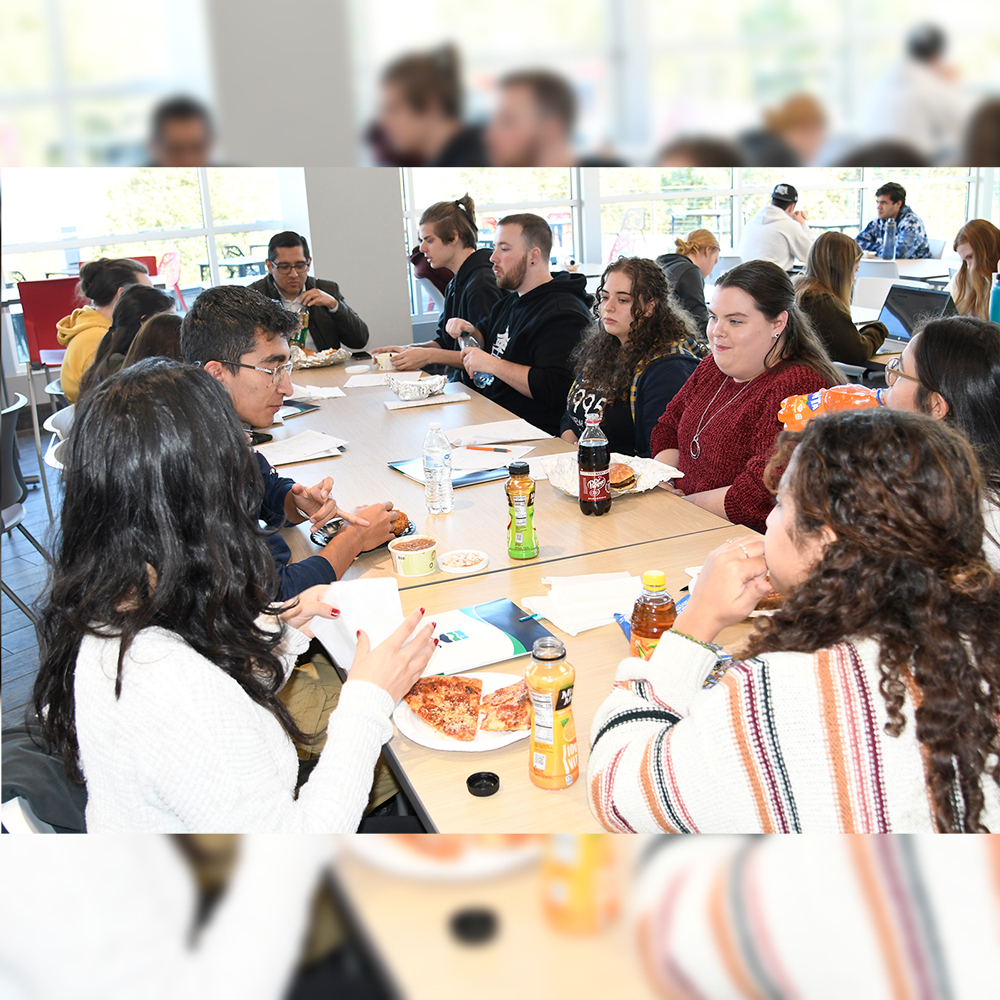
In today’s rapidly changing world, civic engagement and student activism have emerged as powerful tools for fostering social responsibility and driving positive change. From advocating for environmental sustainability to fighting for racial justice, individuals and student-led movements are at the forefront of addressing pressing social issues and shaping the future of our communities. In this exploration, we delve into the significance of civic engagement, examine the impact of student activism, and provide practical insights into how individuals can contribute to building more equitable and inclusive societies.
The Essence of Civic Engagement
Civic engagement encompasses a wide range of activities through which individuals participate in the civic life of their communities and work to improve the common good. From volunteering and community organizing to political participation and advocacy, civic engagement is essential for maintaining a healthy democracy and addressing social challenges. Here’s why it matters:
Strengthening Community Bonds: Civic engagement fosters a sense of belonging and community cohesion by encouraging individuals to connect with their neighbors, collaborate on common goals, and address shared challenges. Through collective action and mutual support, communities become more resilient and better equipped to address complex issues.
Promoting Democratic Values: At its core, civic engagement upholds democratic principles such as equality, justice, and accountability. By participating in political processes, advocating for policy changes, and holding leaders accountable, individuals contribute to the preservation of democracy and the advancement of social justice.
Addressing Societal Issues: Civic engagement provides a platform for addressing pressing societal issues, such as poverty, inequality, and discrimination. Engaging citizens is critical in driving progress and creating positive social impact by raising awareness, mobilizing resources, and advocating for change.
Fostering Empowerment: Engaging in civic activities empowers individuals to become active agents of change, fostering a sense of agency and efficacy in shaping their communities and the world around them. Individuals build resilience, develop leadership skills, and make a tangible difference in society by taking meaningful action on issues they care about.
The Power of Student Activism
Student activism has a long and storied history of challenging the status quo, amplifying marginalized voices, and driving social change. Here’s why it’s a potent force for fostering social responsibility:
Amplifying Marginalized Voices: Student activists amplify marginalized communities’ voices, spotlighting systemic injustices and demanding accountability from those in power. Through protests, rallies, and advocacy campaigns, student activists raise awareness and mobilize public support for meaningful change.
Driving Policy Reform: Student activism has the power to influence policy decisions at the local, national, and global levels. From campus divestment movements to legislative advocacy efforts, student activists leverage their collective power to push for policy reforms that promote equity, justice, and human rights.
Creating Inclusive Spaces: Student activists are crucial in creating inclusive and equitable college campus spaces. By organizing events, hosting discussions, and advocating for policy changes, student activists foster environments where all individuals feel valued, respected, and empowered to thrive.
Inspiring Future Generations: Student activism inspires future generations to become engaged citizens and advocates for social change. By witnessing the impact of student-led movements, young people are inspired to take action on issues they are passionate about, driving continued progress and social transformation.
Practical Steps for Fostering Social Responsibility
Becoming an engaged citizen and advocate for social responsibility requires commitment, courage, and a willingness to take action. Here are some practical steps individuals can take to contribute to building more equitable and inclusive societies:
Educate Yourself: Take the time to educate yourself about pressing social issues, including their root causes, historical context, and impact on communities. Stay informed by reading reputable news sources, engaging with diverse perspectives, and seeking information from credible sources.
Get Involved: Find ways to get involved in your community, whether through volunteering, joining community organizations, or participating in local initiatives. By actively engaging with others and contributing your time and talents, you can make a meaningful difference in the lives of those around you.
Use Your Voice: Speak out against injustice and advocate for change by using your voice to raise awareness and mobilize support. Write letters to elected officials, participate in protests and demonstrations, and engage in public dialogue about issues that matter to you.
Support Causes You Believe In Support organizations and initiatives that align with your values and priorities by donating your time, resources, or expertise. Whether volunteering at a local shelter, supporting a grassroots campaign, or fundraising for a cause, your contributions can significantly impact you.
Civic engagement and student activism are essential to social responsibility and positive community change. Individuals and student activists play a crucial role in shaping a more inclusive, just, and sustainable future by embracing civic participation, amplifying marginalized voices, and advocating for justice and equity. As we commit to fostering social responsibility and working towards a more equitable society, we can create a world where everyone has the opportunity to thrive and contribute to the common good.